Home: shadows and sojourners (or, There’s a place for us) by Philippa Linton
What a joy to welcome Philippa Linton to the “There’s No Place Like Home” series today. We worked together at HarperCollins at the turn of the millennium, and lost touch with each other until last year’s Woman Alive/BRF women’s day in Woking where I was speaking. What a delight when up walked Philippa – the years disappeared and in a flash I was transported back to our lunches in the canteen and trying to figure out if we could sell any of the rights to our books to foreign publishers. Her contribution today is poignant and moving, as she acknowledges life’s shadows.
My childhood home was a suburban, Victorian house with a large, beautiful garden and a menagerie of various animals including an excitable border collie, an imperious ginger cat and a rabble of cute guinea pigs. (The imperious ginger cat also liked to visit various other homes along our street, much to our amusement.) I had a happy family. Home was safe and secure: it was also a place where I could shut out the rest of the world.
During my final year at university, a post-graduate acquaintance invited me and a small group of friends to take part in a set of informal psychological exercises. In one of these exercises we had to draw a house, which if I remember rightly, was meant to symbolise our childhood. We weren’t supposed to think too long about this, simply go with our instincts and put down on paper the first impression that came into our heads. It was meant to be fun, but with a purpose: our artistic self-expression would reveal deep and meaningful things about our inner lives. I drew an eerie, desolate house with shuttered windows on a moonlit night.
The friend who had set us the task peered at my picture. ‘Hmm’, he said, ‘there’s a mystery to you!’
It was an odd image for someone who came from a loving, stable background and who still loved her family home, but I didn’t see anything sinister in it. I think that drawing reflected some subconscious ambivalence about my childhood, about the insecurities and shadows that fall across even the happiest childhoods.
My shadow was my adoption: much as I loved my family, I would sometimes wonder, ‘who am I and where do these genes come from?’ Yet at the same time I’ve always celebrated being adopted, a ‘chosen child’. For me that mixture of positivity and darkness, that dance of sunlight and shadow, is part of my adoption story and indeed an essential part of life. When I hit my mid-thirties, I decided to trace my birth mother and it turned out to be one of the best decisions I ever made. Consequently I gained a family in Northern Ireland, in addition to my large adoptive family in England.
The concept of ‘home’ is less a location for me than it is a feeling, a place where you are completely accepted, where you can relax, kick off your shoes, and be yourself. The current place where I live is like that. Four years ago the tragic death of a close housemate prompted my decision to leave the house where I’d been a co-tenant for 26 years. Obviously I couldn’t afford the rent on my own, but I didn’t have the emotional capacity to advertise for a replacement either: I was grieving the loss of my friend and my heart wasn’t in it. Enter a married couple from my church who offered me a room in their house as their lodger. This financial arrangement was a God-send, given that the private rents in my area have almost doubled in the past few years. My friends’ kind offer and hospitality was timely: by that point, I was more than ready to leave that house, I had already let go, emotionally.
The New Testament describes the people of God as ‘sojourners and exiles’ (1 Peter 2:11). The spiritual life is often about pushing forward to new horizons and adventures, and not making ourselves too comfortable in worldly systems. Besides, life throws curve-balls: we all have to face change and loss, it’s part and parcel of our pilgrimage on this earth.
I am blessed to have a home: I may not own it, but I have an emotional stake in it, and I have a roof over my head, a warm, comfy bed to sleep in and a garden to relax in. Best of all, I have friends and companions to share the ups and downs of life with.
All of us long for security. All of us long to come home, whatever form and shape ‘home’ may take. Jesus said: “There is plenty of room for you in my Father’s home. If that weren’t so, would I have told you that I’m on my way to get a room ready for you? And if I’m on my way to get your room ready, I’ll come back and get you so you can live where I live.” (John 14: 2-3, The Message)
There is a place for us. We all matter, and there is a place for us.
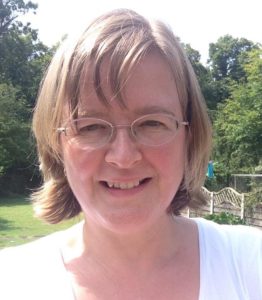 Philippa’s day job is working for the education & learning department at the United Reformed Church in London. She is also a Reader (lay minister) in the Church of England. She likes J.R.R. Tolkien, C.S. Lewis, early 20th century feminism, and cats.
Philippa’s day job is working for the education & learning department at the United Reformed Church in London. She is also a Reader (lay minister) in the Church of England. She likes J.R.R. Tolkien, C.S. Lewis, early 20th century feminism, and cats.

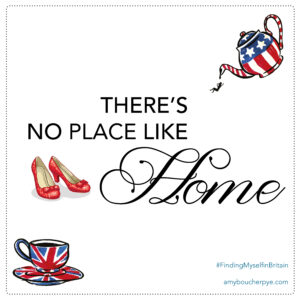
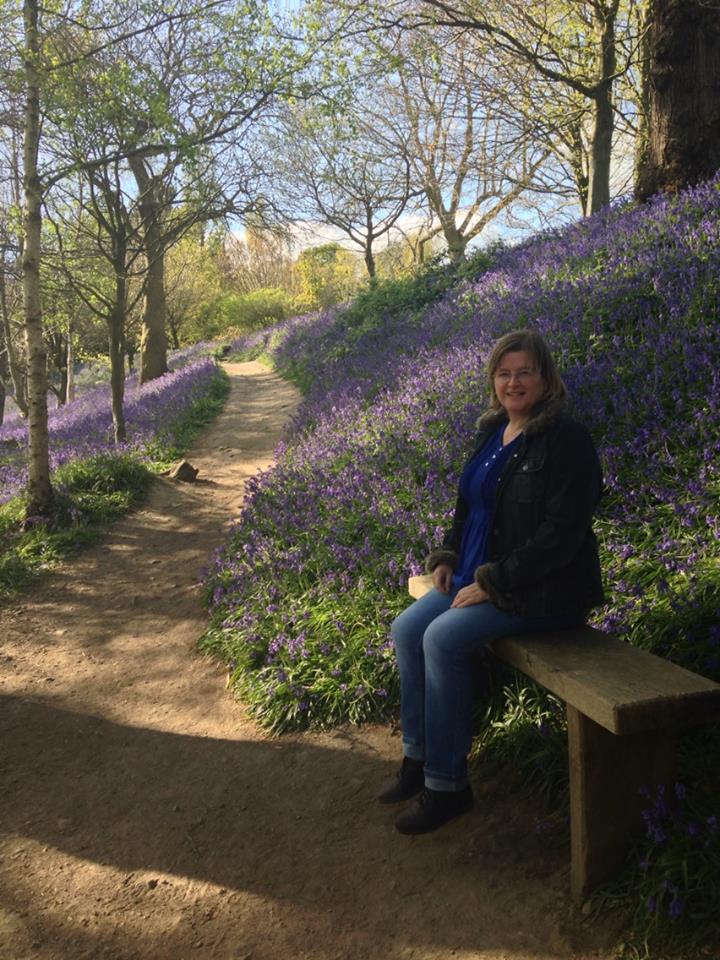
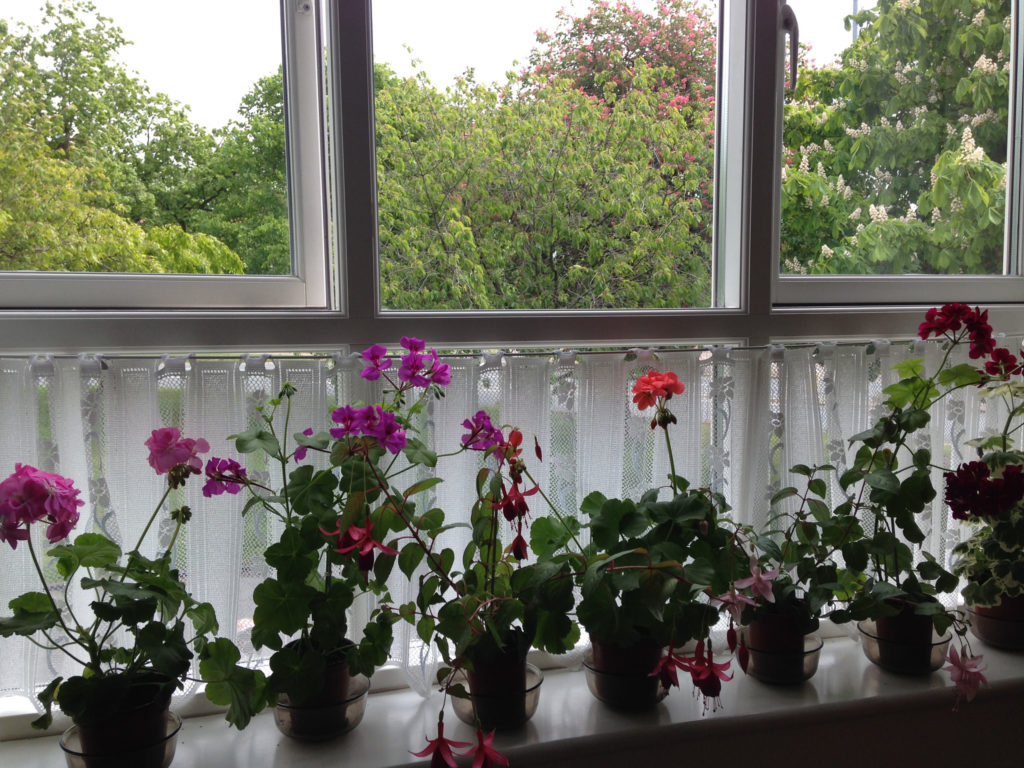
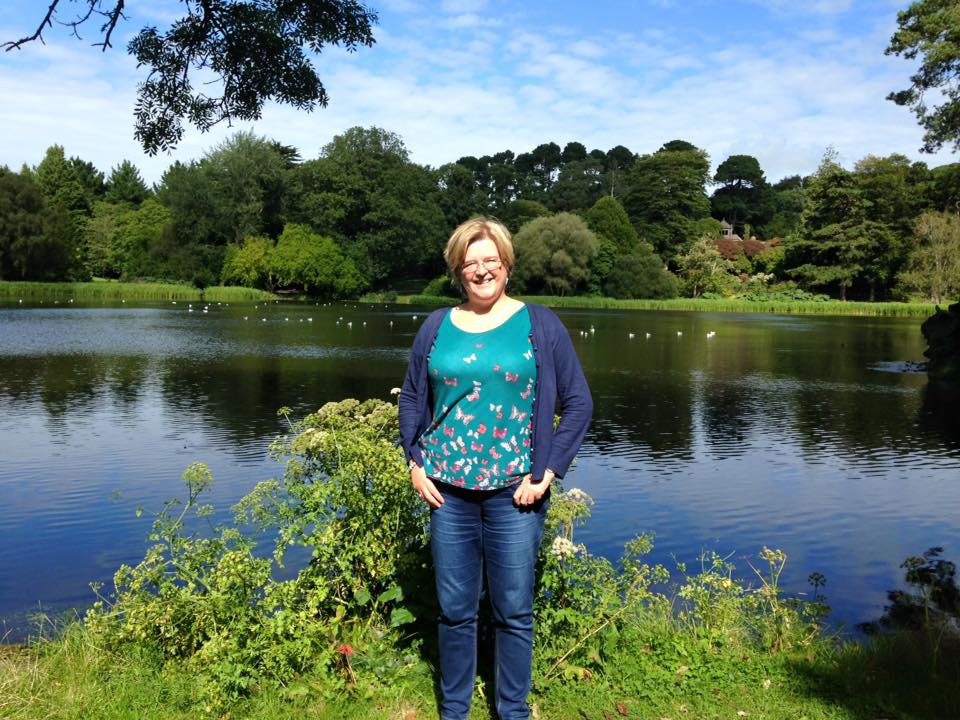




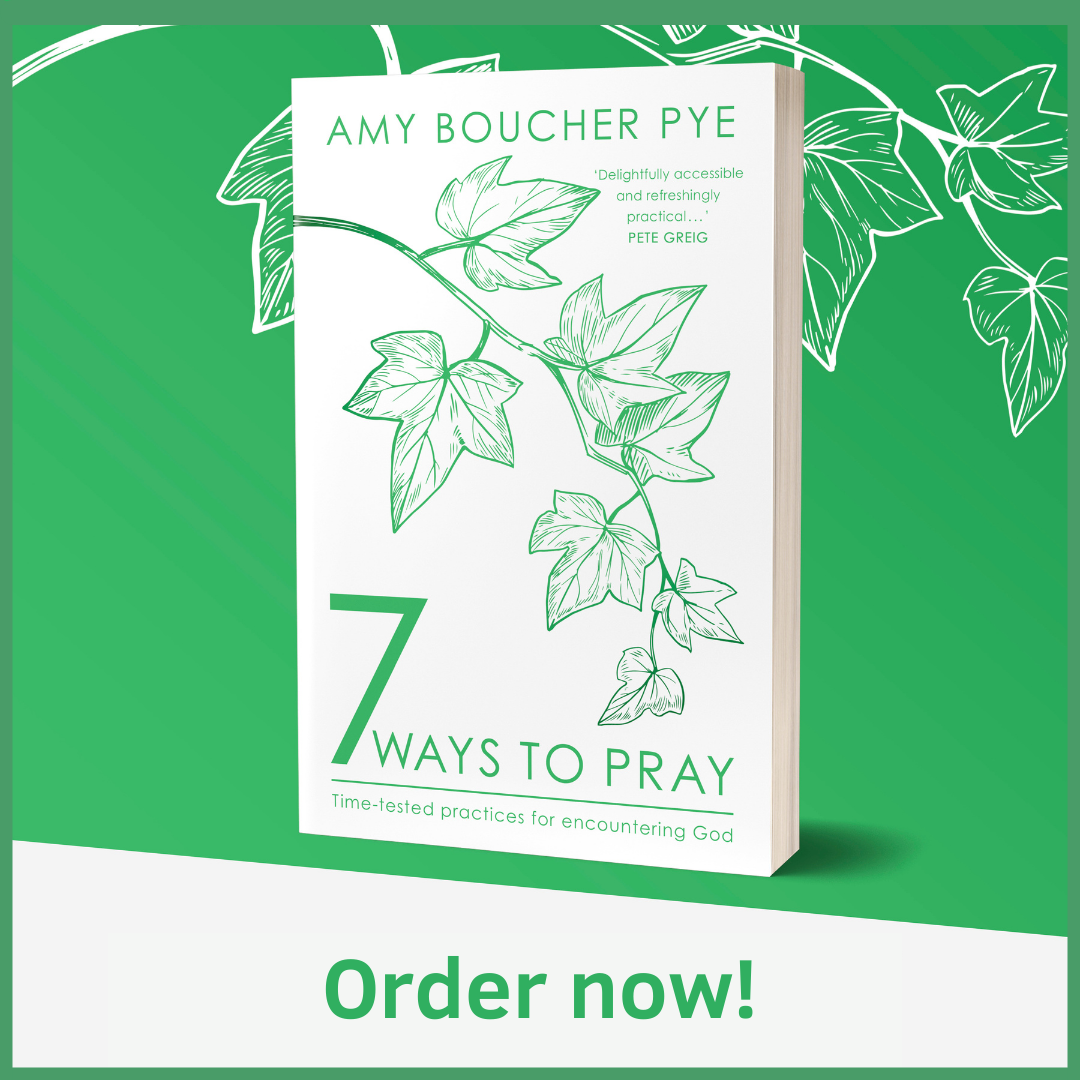

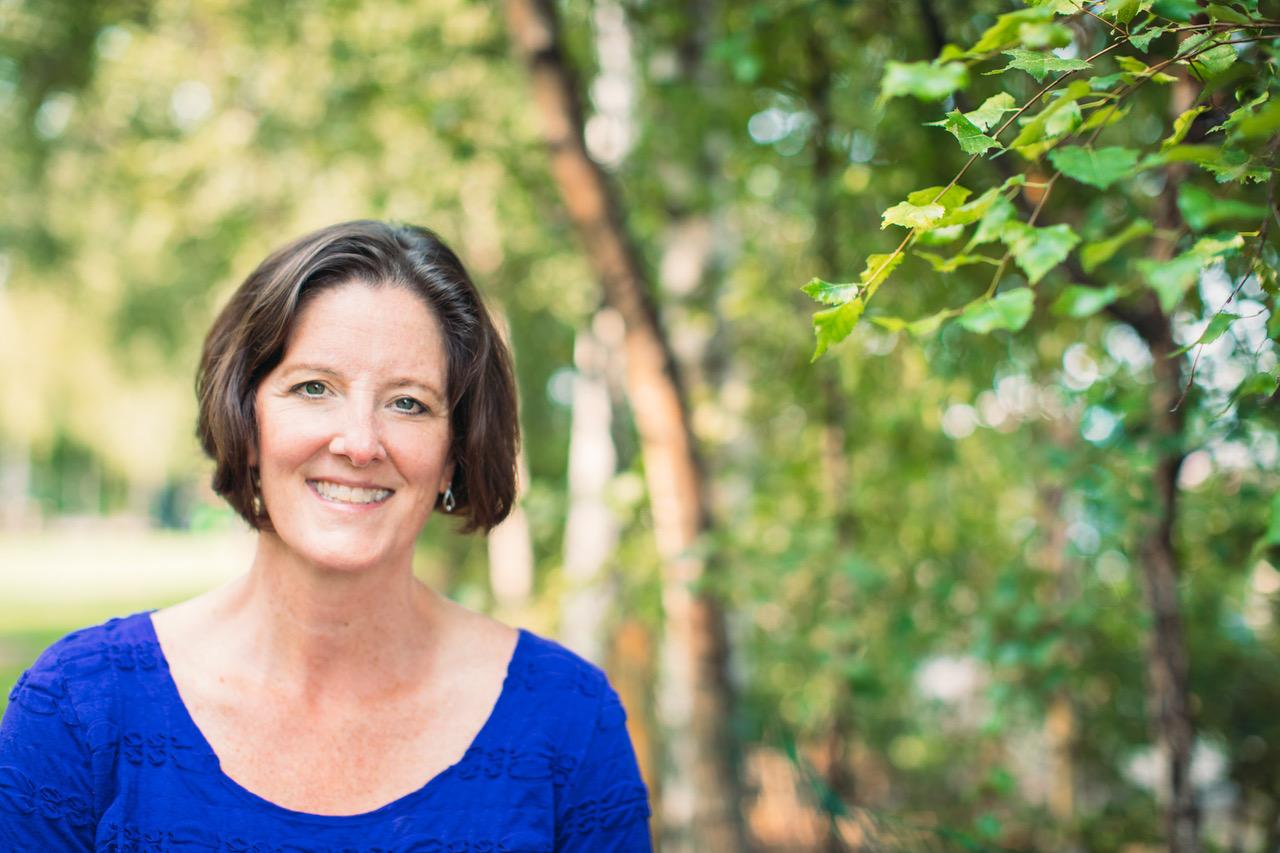 Hello!
Hello! 